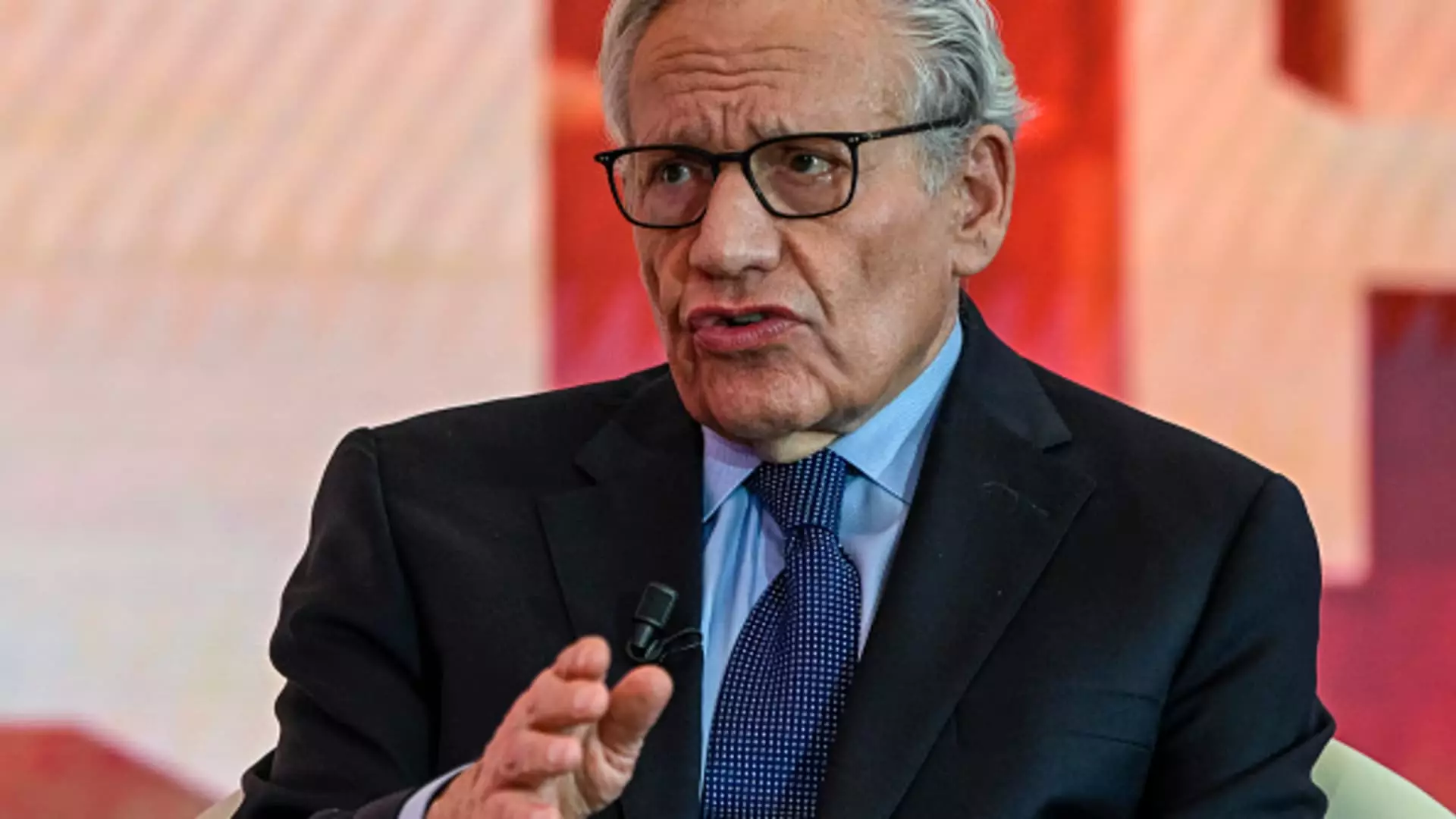In a bold move driven more by bravado than legal merit, Donald Trump’s attempt to silence a veteran journalist like Bob Woodward reveals a fundamental misunderstanding of how power actually functions within democratic institutions. His nearly $50 million lawsuit was not just a misguided legal endeavor; it was an emblem of an overinflated ego that refuses to accept the boundaries of accountability. A federal judge’s dismissal underscores the reality that wielding influence does not equate to having a free pass on all frontiers—especially when those frontiers are enshrined in constitutional protections like free speech and fair use. Trump’s failure to demonstrate a clear copyright interest or an intention to be a co-author exposes the superficiality of his claims, which seem more rooted in spite than substance.
This case exemplifies the way legal bordering on harassment can be exploited as a political weapon, but in truth, it weakens rather than empowers the pursuit of accountability. It exposes how attempts to weaponize the judiciary often collapse under the weight of legal precedents and constitutional safeguards, especially when they threaten the integrity of free press and transparent dialogue. Trump’s litigious blitzkrieg, aimed at intimidating and silencing critics, ultimately backfired in a legal arena that, despite political biases, upholds the core principles of fairness and free speech.
The Weaponization of Litigation as Political Venting
What is most revealing about this case isn’t just its legal failure but how it symbolizes an era where superficial claims of ownership and control are weaponized as political capital. Trump’s contention that the interviews were solely for his use echoes a dangerous misreading of the journalistic process—one where the boundaries between storytelling, accountability, and personal interest are blurred. Woodward’s role as a reporter and the fairness of the “news reporting” process was all but dismissed by Trump’s claims, consciously ignoring the essential function of investigative journalism in a democratic society.
By framing the dispute as a copyright issue, Trump’s legal team attempted to obscure the fundamental truth: journalism, especially that which serves the public interest, is protected from such claims under federal law. It highlights how the spectacle of the lawsuit was less about justice and more about distraction—an attempt to undermine the credibility of an independent press that holds power to account. This sort of legal drama feeds into a broader narrative of false victimhood, which ultimately diminishes the legitimacy of genuine grievances and threatens to erode the delicate fabric of democratic oversight.
The Larger Implications for Democracy and Free Speech
This case’s defeat isn’t just a legal uphill battle; it’s a critical reminder of the importance of safeguarding a free and independent press in an era of misinformation and manipulative politics. Trump’s relentless pursuit of legal redress, based on flimsy copyright claims, underscores an alarming pattern: the attempt to delegitimize journalism when it becomes inconvenient. The fallout from this attempt reveals a more profound vulnerability within democracies—an eagerness by powerful figures to suppress dissent through legal intimidation rather than substantive debate.
Furthermore, the court’s decision reinforces that no individual, regardless of political stature, is above the principles of free speech and fair use. The legal acknowledgment that Woodward’s interview content falls within the boundaries of “classic news reporting” exemplifies how the judiciary continues to serve as a bulwark against authoritarian tendencies disguised as legal shenanigans. It signals an important message: a democracy cannot afford to treat journalistic endeavors as proprietary assets subject to personal control—and to do so weakens the very fabric of transparency and accountability that sustains it.
The collapse of Trump’s lawsuit sends a powerful message to political actors and the public alike: attempts to weaponize the legal system for personal or political gain are ultimately futile and undermine democratic principles. It exposes the arrogance of those who believe their influence grants them immunity from the rules that apply to everyone else. This case should serve as a cautionary tale that the fight for accountability and truth must and will continue, even against the most powerful attempts to distort or silence it. Only through robust protections for free speech, fair use, and an independent judiciary can democratic societies safeguard their core values against the corrosive effects of authoritarian overreach and sensationalist litigation.



Leave a Reply